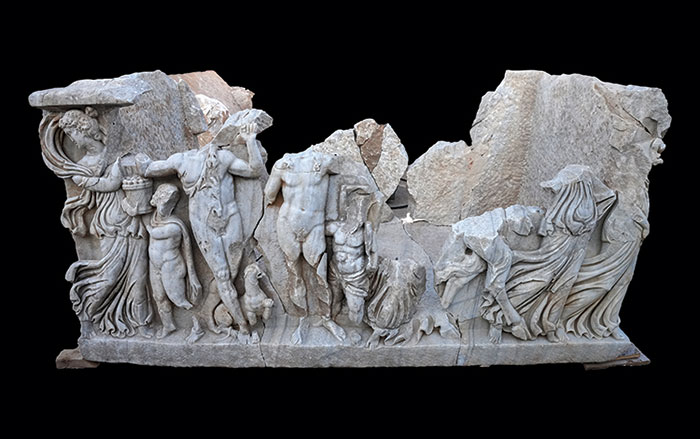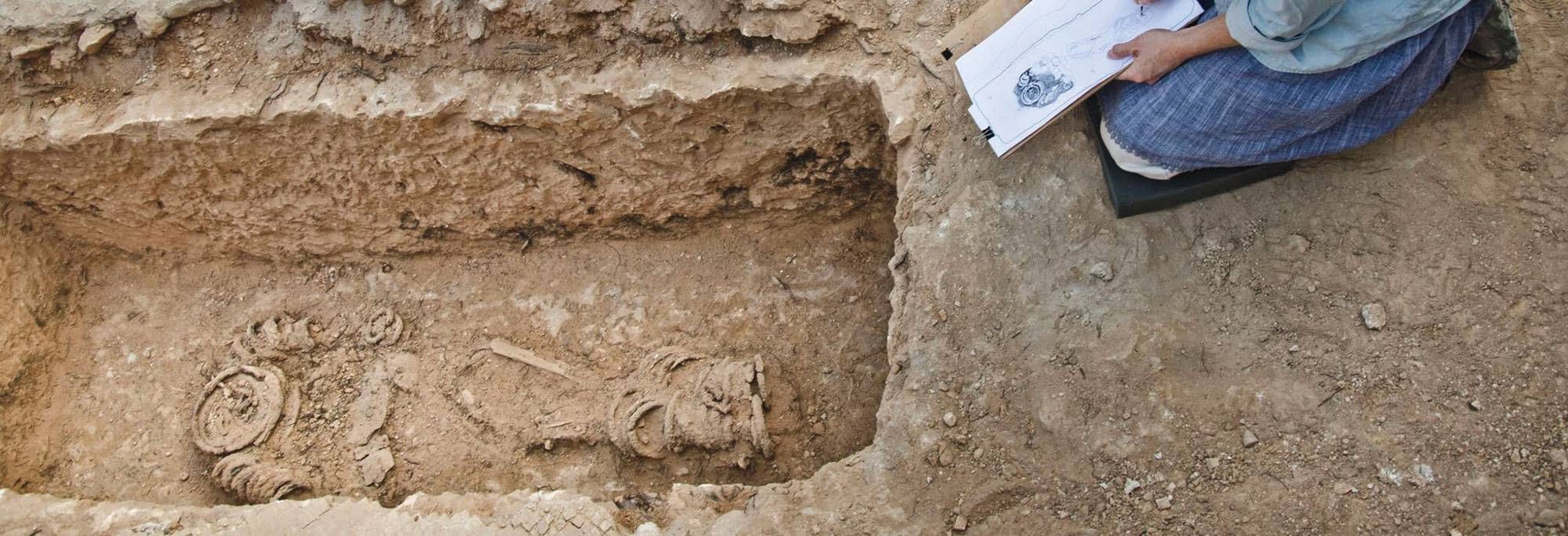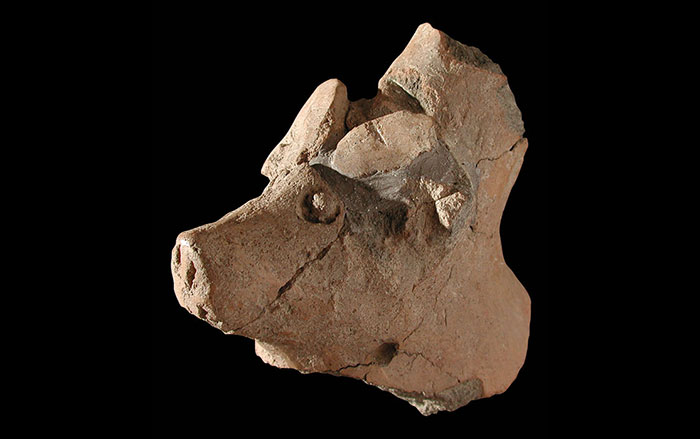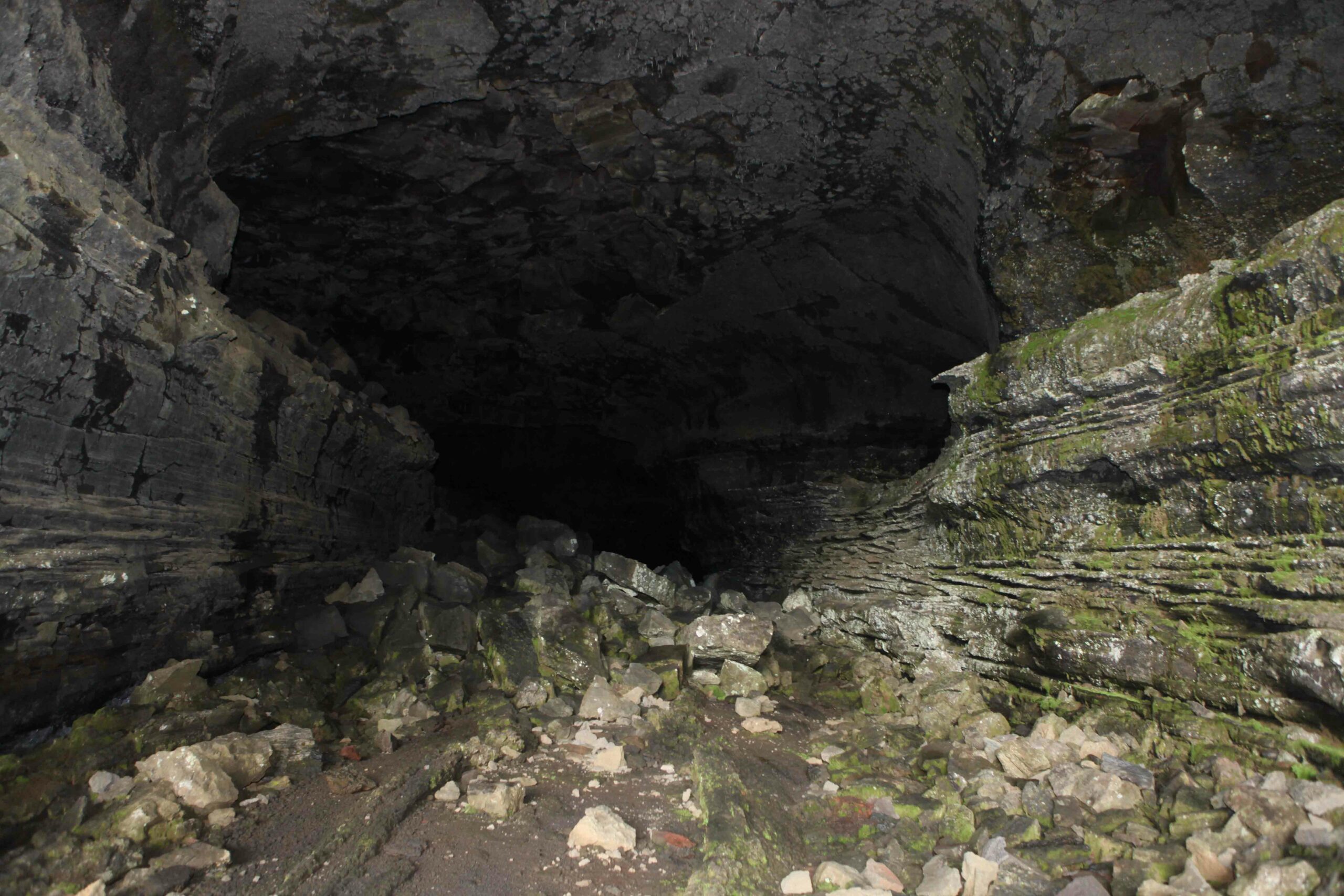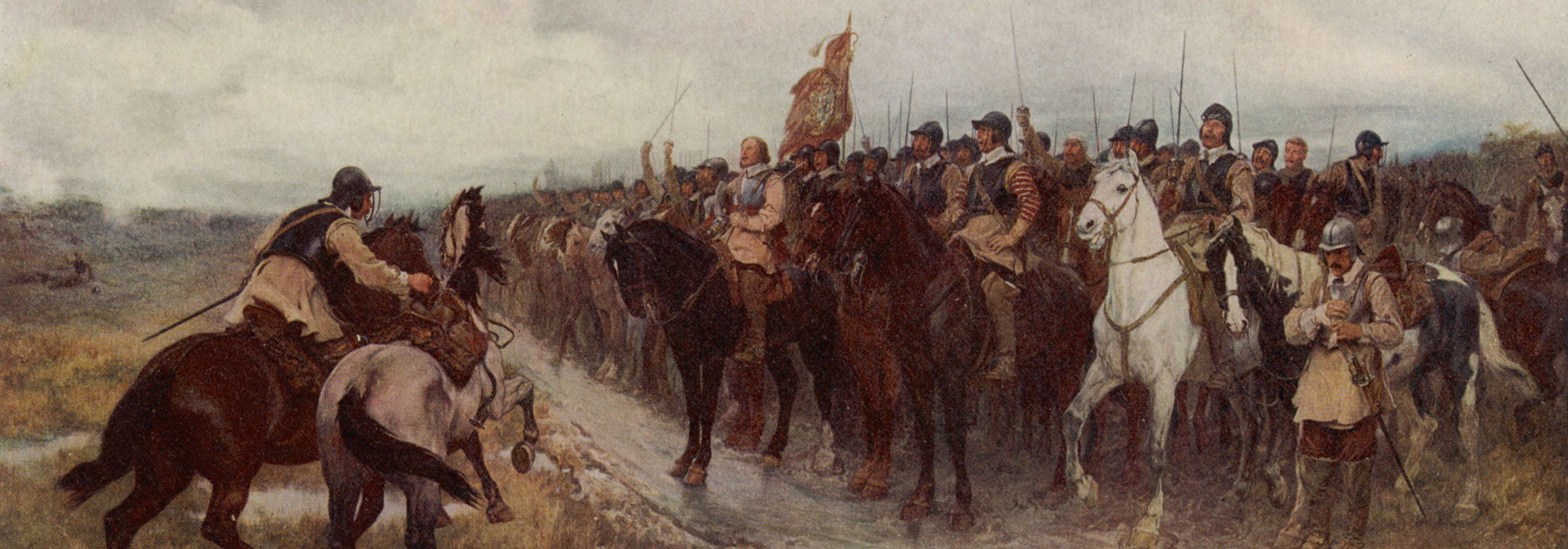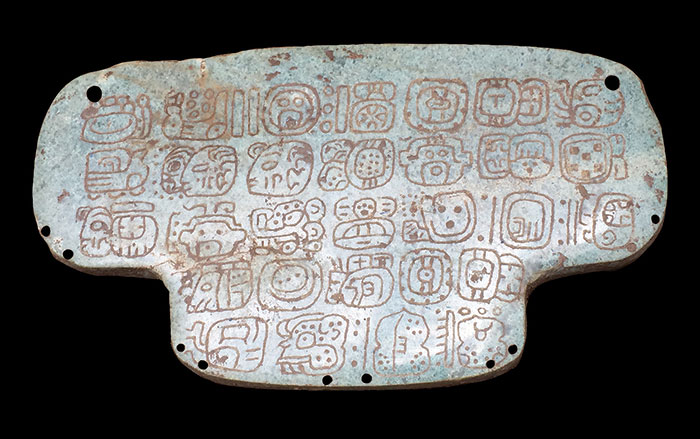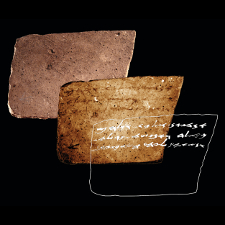
TEL AVIV, ISRAEL—The Times of Israel reports that a new technique for performing multispectral imaging with readily available, relatively inexpensive materials, has revealed additional writing on a fragment of 3,000-year-old pottery unearthed at Tel Arad, where 91 ostraca were discovered on a floor in a single room in the 1960s. The visible inscriptions recorded lists of supplies and orders from military quartermasters. Archaeologist Israel Finkelstein, physicist Eli Piasetzky, and imaging lab and system manager Michael Cordonsky of Tel Aviv University were testing the new imaging system in an effort to improve the clarity of the texts on the ostraca, when Cordonsky flipped a piece of pottery and discovered writing on its opposite side that had been invisible to the naked eye. “It means that every university or archaeological dig can build the camera,” to look for faded inscriptions, explained applied mathematician Arie Shaus. To read about an ancient Egyptian ostracon, go to “Artifact.”


